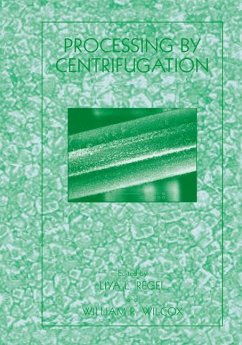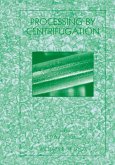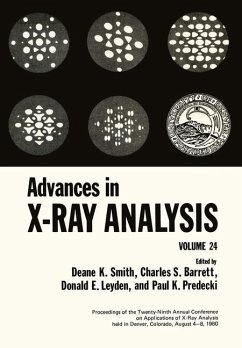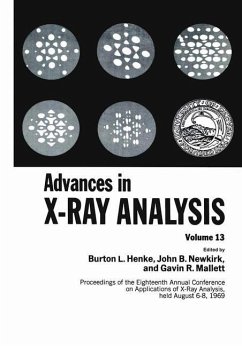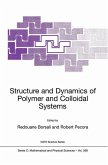This volume constitutes the proceedings of the Fourth International Workshop on Materials Processing at High Gravity, held at Clarkson University, May 29 to June 2, 2000. There were 73 attendees from 16 countries. Since the topics extended well beyond materials processing, it was felt appropriate to name this proceedings "Centrifugal Processing."
Processing by Centrifugation includes the traditional bench-scale centrifuges, as well as all rotating systems utilizing the centrifugal and Coriolis forces to provide unique performance. Centrifugation led to the formation of sticky porous Teflon membranes, as well as improved polymeric solar cells. Centrifugation on large equipment improved the chemical vapor deposition of diamond films, influenced the growth and dissolution of semiconductor crystals, and elucidated the influence of gravity on coagulation of colloidal Teflon. A million g centrifuge was constructed and used to study sedimentation in solids and to prepare compositionally graded materials and new phases. Rotation of a pipe about its axis allowed the casting of large-diameter metal alloy pipes as well as coating the interior of pipes with a cermet utilizing self-propagating high-temperature synthesis. Such coatings are highly corrosion and erosion resistant. Flow on a rotating disk was shown to be useful for process intensification, such as large-scale manufacturing of nano-particles, polymerization reactions, and heat & mass transfer.
Several theoretical studies dealt with the influence of rotation on fluid convection on surfaces and in pipes, tubes, and porous media. These have applications to integrated-circuit chip manufacturing, alloy casting, oil production, crystal growth, and the operation of rotating machinery.
Hinweis: Dieser Artikel kann nur an eine deutsche Lieferadresse ausgeliefert werden.
Processing by Centrifugation includes the traditional bench-scale centrifuges, as well as all rotating systems utilizing the centrifugal and Coriolis forces to provide unique performance. Centrifugation led to the formation of sticky porous Teflon membranes, as well as improved polymeric solar cells. Centrifugation on large equipment improved the chemical vapor deposition of diamond films, influenced the growth and dissolution of semiconductor crystals, and elucidated the influence of gravity on coagulation of colloidal Teflon. A million g centrifuge was constructed and used to study sedimentation in solids and to prepare compositionally graded materials and new phases. Rotation of a pipe about its axis allowed the casting of large-diameter metal alloy pipes as well as coating the interior of pipes with a cermet utilizing self-propagating high-temperature synthesis. Such coatings are highly corrosion and erosion resistant. Flow on a rotating disk was shown to be useful for process intensification, such as large-scale manufacturing of nano-particles, polymerization reactions, and heat & mass transfer.
Several theoretical studies dealt with the influence of rotation on fluid convection on surfaces and in pipes, tubes, and porous media. These have applications to integrated-circuit chip manufacturing, alloy casting, oil production, crystal growth, and the operation of rotating machinery.
Hinweis: Dieser Artikel kann nur an eine deutsche Lieferadresse ausgeliefert werden.

